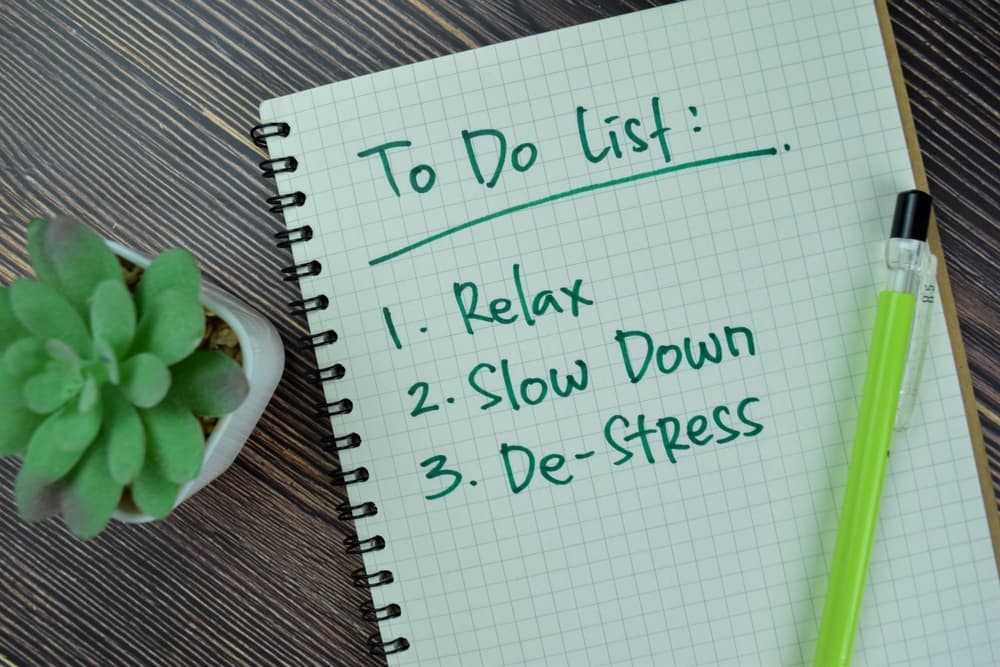The changing seasons, particularly the transition into winter, can significantly impact our body and mental well-being.
As daylight hours shorten and temperatures drop, many people experience a shift in their emotional state. This seasonal change can trigger feelings of sadness, fatigue, and a general lack of motivation. This phenomenon, often referred to as Seasonal Affective Disorder (SAD), can be exacerbated during the holiday season, leading to increased stress, anxiety, and depression.
This article explores the potential effects of the holidays on mental health, offers coping strategies, and highlights the importance of seeking help when necessary.
Positive Impacts of the Holidays

While the holidays can be challenging, there are several positive aspects that can have a beneficial impact on mental health.
Connecting with Loved Ones
For many, the holidays provide an opportunity to reconnect with family and friends. Positive social interactions and emotional support can enhance feelings of well-being and reduce feelings of isolation.
Opportunities for Gratitude
The holiday season can inspire reflection and gratitude, which have been shown to improve mental health. Taking time to appreciate the people and experiences in your life can boost mood, foster positive thinking, and help you focus on the good.
Traditions and Meaning
Many holiday traditions—whether cultural, religious, or personal—offer a sense of stability and meaning. Participating in meaningful rituals can provide comfort, connection, and purpose during a busy and often chaotic time.
Generosity and Giving
Acts of kindness, such as giving to others or volunteering, can have positive effects on mental health. Helping those in need fosters a sense of accomplishment and connectedness, which can improve mood and overall outlook.
Negative Impacts of the Holidays
For some, the pressures and expectations associated with this time of year can lead to increased stress and anxiety. Here are some examples.
Holiday Depression
The holiday season can trigger feelings of sadness or loneliness, especially for those who are separated from loved ones, are grieving, or are dealing with life changes. Seasonal Affective Disorder (SAD), a form of depression that occurs in the winter months due to lack of sunlight, can worsen during this time.
Stress and Overwhelm
The busy nature of the holidays—rushing to complete work, shopping for gifts, attending social gatherings—can be overwhelming. The pressure to create “perfect” experiences can contribute to feelings of inadequacy, burnout, and frustration.
Family Dynamics
Family gatherings, while often filled with love, can also bring up unresolved conflicts, emotional triggers, and stress. The holidays may bring people together, but they can also bring old tensions to the surface, exacerbating feelings of anxiety or sadness.
Factors Contributing to Holiday Stress
Several factors play a role in increasing stress and mental health challenges during the holiday season:
- Unrealistic Expectations: The pressure to create the “perfect” holiday—whether in terms of decorations, gifts, or family harmony—can set up unrealistic expectations. When things don’t go as planned, it can lead to disappointment and stress.
- Lack of Sleep: The busyness of the holidays can disrupt regular sleep patterns, contributing to fatigue, irritability, and poor mental health. Sleep deprivation can worsen anxiety and depression symptoms, making it harder to cope with stress.
- Social Media Pressure: The highlight reels posted on social media can create feelings of inadequacy and jealousy. Comparing your own holiday experience to others can lead to feelings of isolation or not measuring up.
- Travel and Expenses: Traveling to see loved ones by car or air can be stressful and time consuming. You may be dealing with weather, delays, and disruptions in schedules. Travel around the holidays also adds to expenses at an already pricey time of year, which can increase stress.
- Diet and Alcohol Consumption: Overindulgence in holiday foods or alcohol can affect mood and mental clarity. High sugar intake and excessive drinking can exacerbate feelings of anxiety or depression, contributing to emotional highs and lows. Instead, opt for a proper mind and body nutrition.
Coping Mechanisms for Holiday Stress

While holiday stress and mental health challenges can be difficult, there are several effective coping strategies to help manage these feelings:
- Set Realistic Goals: Recognize that no holiday season is perfect. Focus on creating experiences that are meaningful to you, rather than trying to meet outside expectations.
- Create Boundaries: Saying “no” is an important part of maintaining your mental health. It’s okay to decline invitations or family events that feel overwhelming. Setting boundaries will help you manage your time and energy.
- Practice Mindfulness: Mindfulness techniques, such as deep breathing, meditation, or yoga, can help reduce stress and keep you grounded in the present moment. Taking time each day to practice mindfulness can help you manage anxiety and improve your overall well-being.
- Stay Active: Regular physical activity is one of the most effective ways to combat stress. Whether it’s going for a walk, dancing, or taking a fitness class, exercise boosts mood and reduces anxiety.
Seeking Help
If you’re experiencing mental health challenges during the holidays, reaching out for help is a crucial step toward healing. At Mind and Body Counseling in Reno, NV, we offer professional therapy services to help individuals and families navigate the complexities of holiday stress, depression, anxiety, and other mental health issues.
Our licensed therapists are here to provide support tailored to your unique needs. Whether you are struggling individually or seeking help for a family issue, such as coping with grief, family conflict, or addiction, we are here to listen and help you find solutions.


